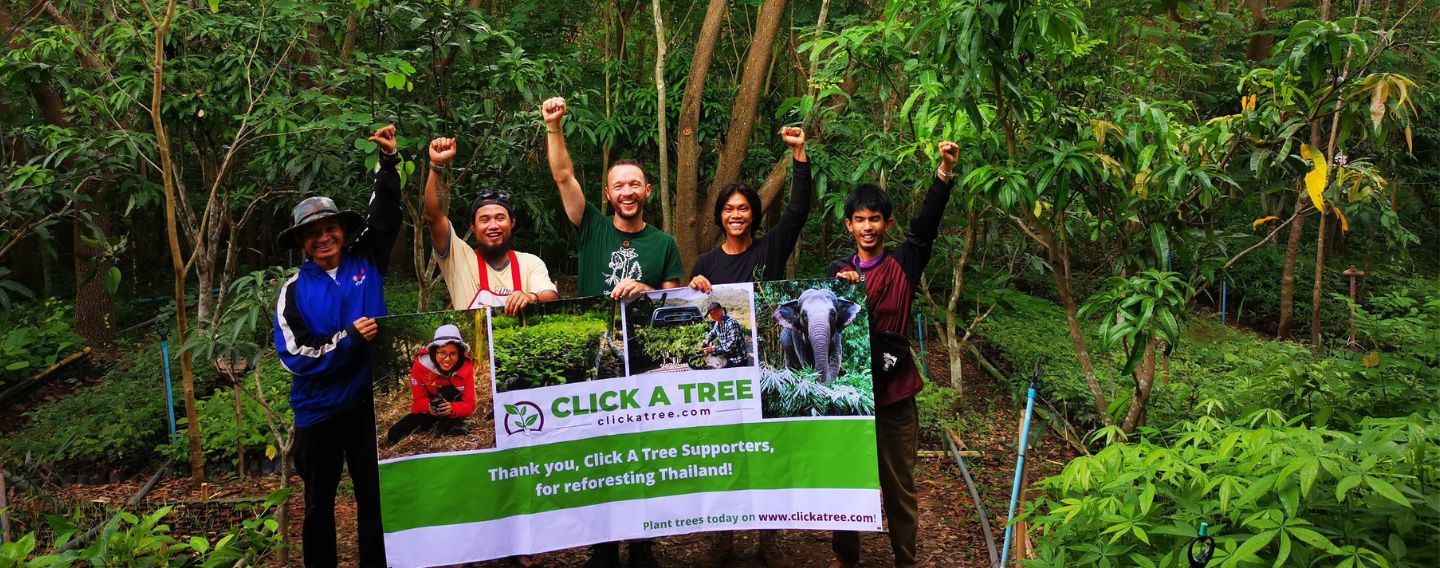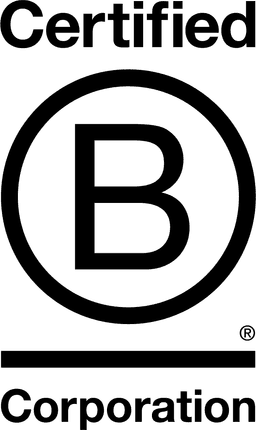

Click A Tree

Baden-Württemberg, Germany
March 2023
Web portals
Service with Minor Environmental Footprint
Germany
Click A Tree ist die firmenfreundlichste Nachhaltigkeitslösung. Click A Tree in Kürze: Zertifiziert mit globalen Bestnoten Spezialisiert auf die Hospitality Branche: Offizieller Aufforstungspartner von GreenSign, der Intergastra und der ITB News; laufende Kooperationen mit hunderten von Hotels, Eventveranstaltern und Gastronomiebetrieben Ganzheitlich nachhaltig: Wir bedienen alle 17 Nachhaltigkeitsziele der Vereinten Nationen. Bäume pflanzen, Meeresplastik sammeln, Bildungsprojekte finanzieren, Arbeitsplätze schaffen - alles mit dabei. Enorm unbürokratisch und wirtschaftlich durchdacht. Nur, wenn alle beteiligten Parteien profitieren, ist es ganzheitlich nachhaltig. Und nur dann kann es langfristig funktionieren. Null-Risiko-Garantie: Kein Abo, keine Fixgebühren, keine Bindung. Insgesamt bedienen wir alle 17 Nachhaltigkeitsziele der Vereinten Nationen!
Overall B Impact Score
Governance 20.5
Governance evaluates a company's overall mission, engagement around its social/environmental impact, ethics, and transparency. This section also evaluates the ability of a company to protect their mission and formally consider stakeholders in decision making through their corporate structure (e.g. benefit corporation) or corporate governing documents.
What is this? A company with an Impact Business Model is intentionally designed to create a specific positive outcome for one of its stakeholders - such as workers, community, environment, or customers.
Workers 29.3
Workers evaluates a company’s contributions to its employees’ financial security, health & safety, wellness, career development, and engagement & satisfaction. In addition, this section recognizes business models designed to benefit workers, such as companies that are at least 40% owned by non-executive employees and those that have workforce development programs to support individuals with barriers to employment.
Community 52.1
Community evaluates a company’s engagement with and impact on the communities in which it operates, hires from, and sources from. Topics include diversity, equity & inclusion, economic impact, civic engagement, charitable giving, and supply chain management. In addition, this section recognizes business models that are designed to address specific community-oriented problems, such as poverty alleviation through fair trade sourcing or distribution via microenterprises, producer cooperative models, locally focused economic development, and formal charitable giving commitments.
What is this? A company with an Impact Business Model is intentionally designed to create a specific positive outcome for one of its stakeholders - such as workers, community, environment, or customers.
Environment 8.4
Environment evaluates a company’s overall environmental management practices as well as its impact on the air, climate, water, land, and biodiversity. This includes the direct impact of a company’s operations and, when applicable its supply chain and distribution channels. This section also recognizes companies with environmentally innovative production processes and those that sell products or services that have a positive environmental impact. Some examples might include products and services that create renewable energy, reduce consumption or waste, conserve land or wildlife, provide less toxic alternatives to the market, or educate people about environmental problems.
Customers 4.2
Customers evaluates a company’s stewardship of its customers through the quality of its products and services, ethical marketing, data privacy and security, and feedback channels. In addition, this section recognizes products or services that are designed to address a particular social problem for or through its customers, such as health or educational products, arts & media products, serving underserved customers/clients, and services that improve the social impact of other businesses or organizations.